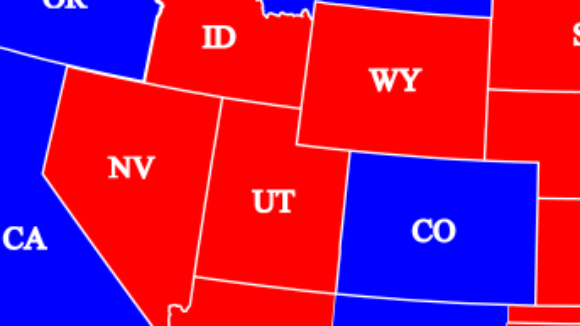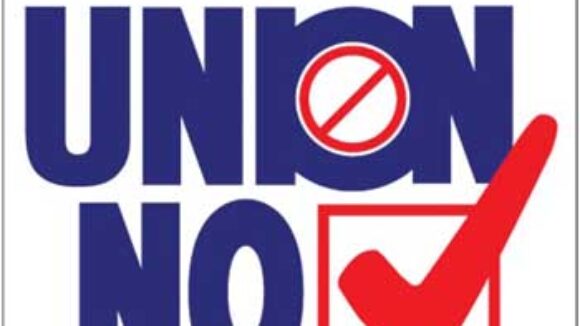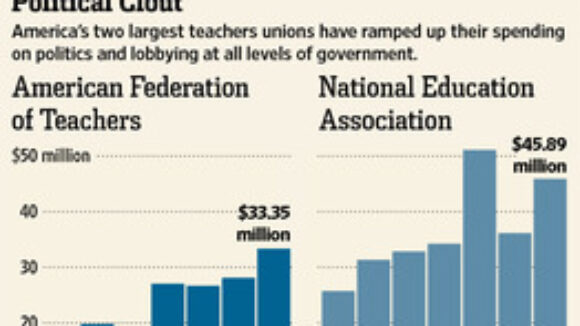Teacher Union Boss Indicted
Hot Air examined the indictment of a Broward Teachers Union boss and, to say the least, it makes interesting reading:
I’ve been combing through the arrest warrant for Pat Santeramo, the former president of the Broward Teachers Union (BTU) who was charged with 20 counts of fraud, racketeering and other stuff. It makes for fascinating reading. Many of the charges stem from Santeramo’s working relationship with David Esposito, the head of Marstan Construction. Esposito was apparently provided immunity in exchange for his help in the Santeramo investigation.
A number of these expenses catch the eye. “I didn’t think anybody could be infected with that many ants,” said Broward Sheriff Al Lamberti. And certainly there was an awful lot of work with flags, flag poles and flag cord. But it seems the entire BTU staff spent a significant part of every day in the dark, considering the number of light bulbs and ballasts that had to be replaced. The amount of cash being disbursed from union funds for such mundane tasks never lit a light bulb over anyone’s head.
As egregious as this list is, Esposito told police that the kickbacks to Santeramo began with the renovation of the BTU building in early 2000. There’s no telling how much union cash Santeramo collected, but he bought a $574,000 vacation home in November 2007, putting $274,000 down, and paid off the mortgage in three years.
Esposito also testified that repair work he performed at the homes of Santeramo’s two adult children were paid for with BTU dues money.
We also learned that police interviewed former BTU president Tony Gentile to learn if he had actually initialed the March 8, 2000 memo Santeramo produced as evidence of his entitlement to unused sick leave and vacation time. Gentile provided a sworn statement that he had never seen the memo, which in any case did not contain his initials, since he always used AJG and not the TG listed on it. Members of the BTU executive board denied any knowledge of the memo, and said they never would have authorized the settlement AFT administrator John Tarka reached with Santeramo had they known it was based on the memo.






